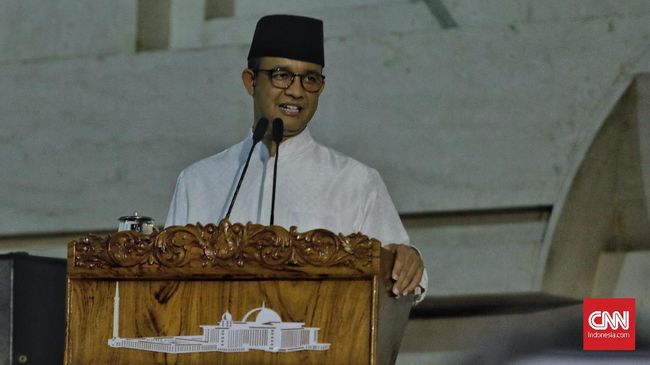–
—
Bern has recently snubbed Brussels a lot. Now Switzerland is trying to get closer again, but Europe has completely different problems right now.
–
Europe is changing in fast motion. Russia’s attack on Ukraine has triggered a cascade of previously unimaginable decisions even in the otherwise sluggish European Union. A message from Bern recently burst into this breathless struggle for war or peace. It is now ready to start exploring Switzerland’s future relations with the EU, it said. Those responsible in Brussels were amazed and the Swiss were given the signal that this problem is not currently the top priority.
Switzerland is on the political sidelines
For the first time, Switzerland clearly felt where they had recently maneuvered themselves: offside. Because while in Brussels the heads of state and government together with their ministers determine the fate of Europe in an almost hectic succession of summit meetings, representatives from Bern are not even allowed to sit down at the tea table. The EU was also annoyed that enterprising Switzerland, as a hub for Russian billion-euro businesses, only imposed economic sanctions on Moscow after massive international pressure.
For a long time there has been criticism in the EU that the Confederates are primarily pursuing their own interests and that the Union has taken them into account. Although Switzerland largely participates in the EU internal market, it is not a member of the European Union. In order to end this sometimes complicated state of limbo, the EU wanted to achieve closer ties between the country and the Union. To this end, a framework agreement was negotiated over years of tedious negotiations, which was intended to bring together the previous bilateral agreements. Life would have been a lot easier for both sides.
Bern breaks off negotiations with the EU
Shortly before the end, Switzerland suddenly stepped out of line. The government in Bern refused to give its consent last year. She saw too much resistance in the cantons and feared that the treaty could be overturned in a referendum. The EU was taken aback. One way out would be for all bilateral agreements to be updated individually, which the European Union does not want to do, however. This means that the individual parts of the contract become obsolete and at some point are no longer applicable.
In the last few days, Bernese State Secretary Livia Leu has made representations in Brussels to conduct initial exploratory talks. She gave an insight into how Switzerland imagines future relations with the Union. Federal President Ignazio Cassis had previously stated that the new package should cover “the entire range of relations with the EU”. Switzerland is striving for an internal market agreement and regulations for electricity and food safety, as well as association agreements in the areas of research, health and education.
The EU is reacting very cautiously
However, the first reactions on the part of the EU are more than cautious. “This vague positioning falls short of the required ‘political roadmap’ that the European Commission and the Federal Council agreed on in Brussels in November 2021,” criticizes Andreas Schwab, Member of the European Parliament and Chair of the EU delegation for relations with Switzerland. In his opinion, the proposal is simply too general, and for this reason the German politician is calling for “a precise definition of how Switzerland would envisage the structure of each agreement”.
The statement by Federal President Ignazio Cassis that Switzerland is aiming for exploratory talks, but the exact options must first be discussed with the cantons and social partners before the start of negotiations, was greeted with a shake of the head in Brussels. To put it plainly: Swiss State Secretary Livia Leu came to Brussels empty-handed. Nevertheless, the EU listened patiently to the proposals, and under the circumstances in Bern that alone was seen as a success.
–


